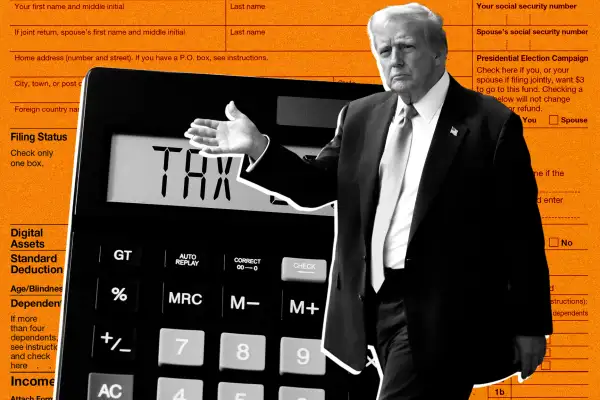With key provisions of the 2017 Tax Cuts and Jobs Act set to expire in 2025, U.S. lawmakers face a critical decision on whether to extend or revise the policy. The debate, shaping tax bills for millions, is poised to influence the 2024 and 2026 election cycles, with public opinion and economic impacts at the forefront.
Public and Political Perspectives
Polling from Americans for Prosperity shows over 80% of voters, including 81% of independents and 74% of Democrats, favor extending the tax cuts, particularly among seniors and middle-income families. Republicans advocate for a full extension, citing benefits like lower taxes, an expanded Child Tax Credit, and higher deductions. Democrats consider letting some cuts expire, especially for high earners, to fund social programs and address fiscal challenges.
Economic Implications
The tax cuts have reduced individual and business tax burdens, but critics argue they increased the national debt. If not extended, analysts estimate a 22% tax increase for the average taxpayer, with a family of four paying $1,700 more annually. Over 40 million families could see a reduced Child Tax Credit, affecting financial planning.
Next Steps
Lawmakers must balance voter preferences with fiscal responsibilities. The outcome will shape economic policy and electoral strategies, with ongoing discussions critical to determining the nation’s financial future.





























